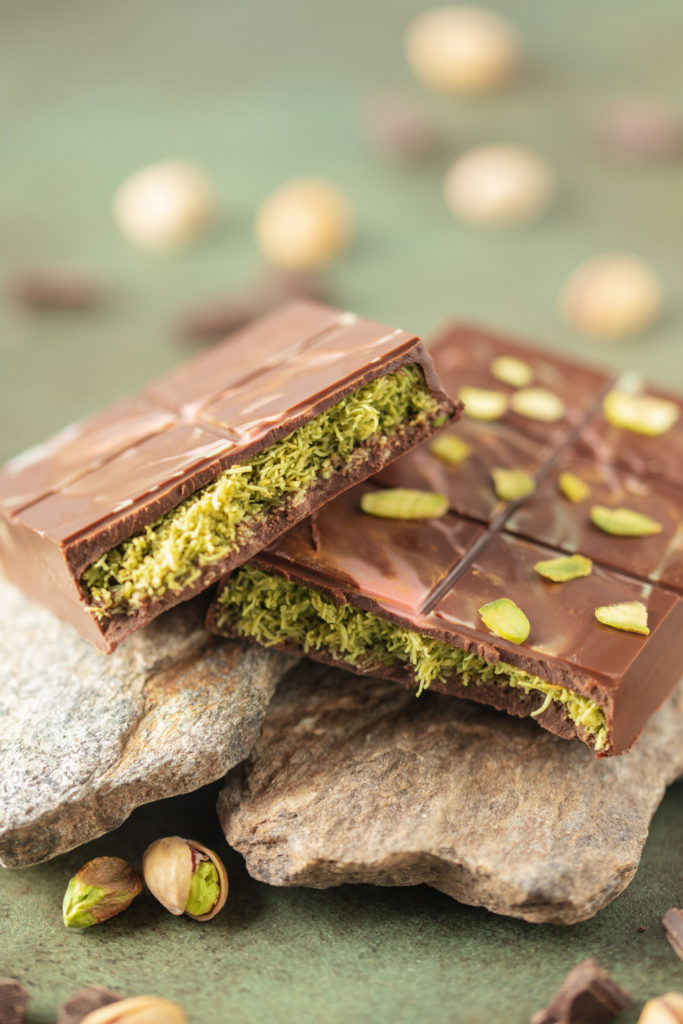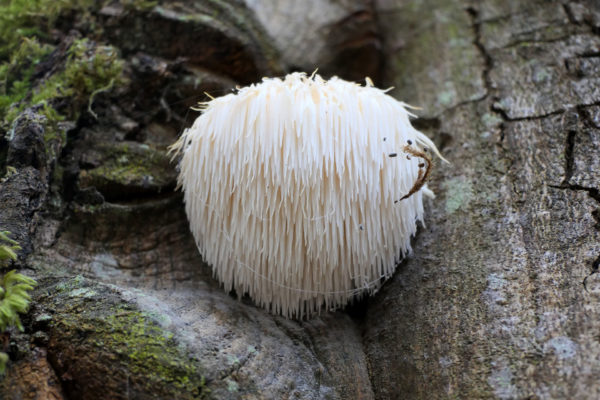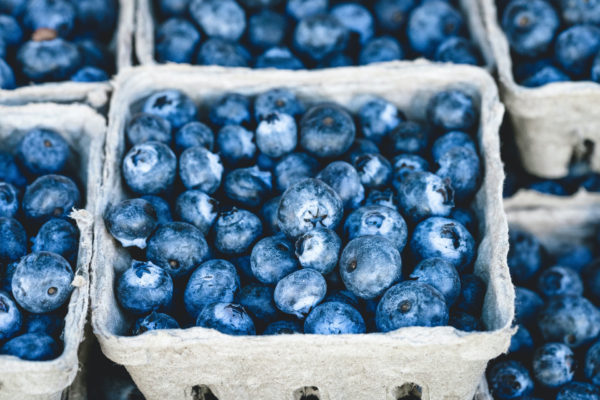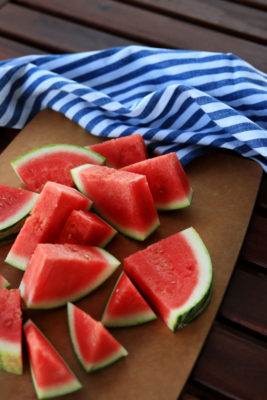Are Seeds The Superfood We All Need More Of?
By
8 months ago
Health benefits of these small but mighty superfoods

Looking for an easy way to up the nutritional content of your meal? Simply sprinkle a handful of seeds on top. The humble seed may be small, but it certainly packs a punch when it comes to health benefits. All seeds are packed with fibre – something many of us are deficient in – and many contain good fats, but the various different types offer different perks. Read on for the lowdown.
What Are The Health Benefits Of Seeds?
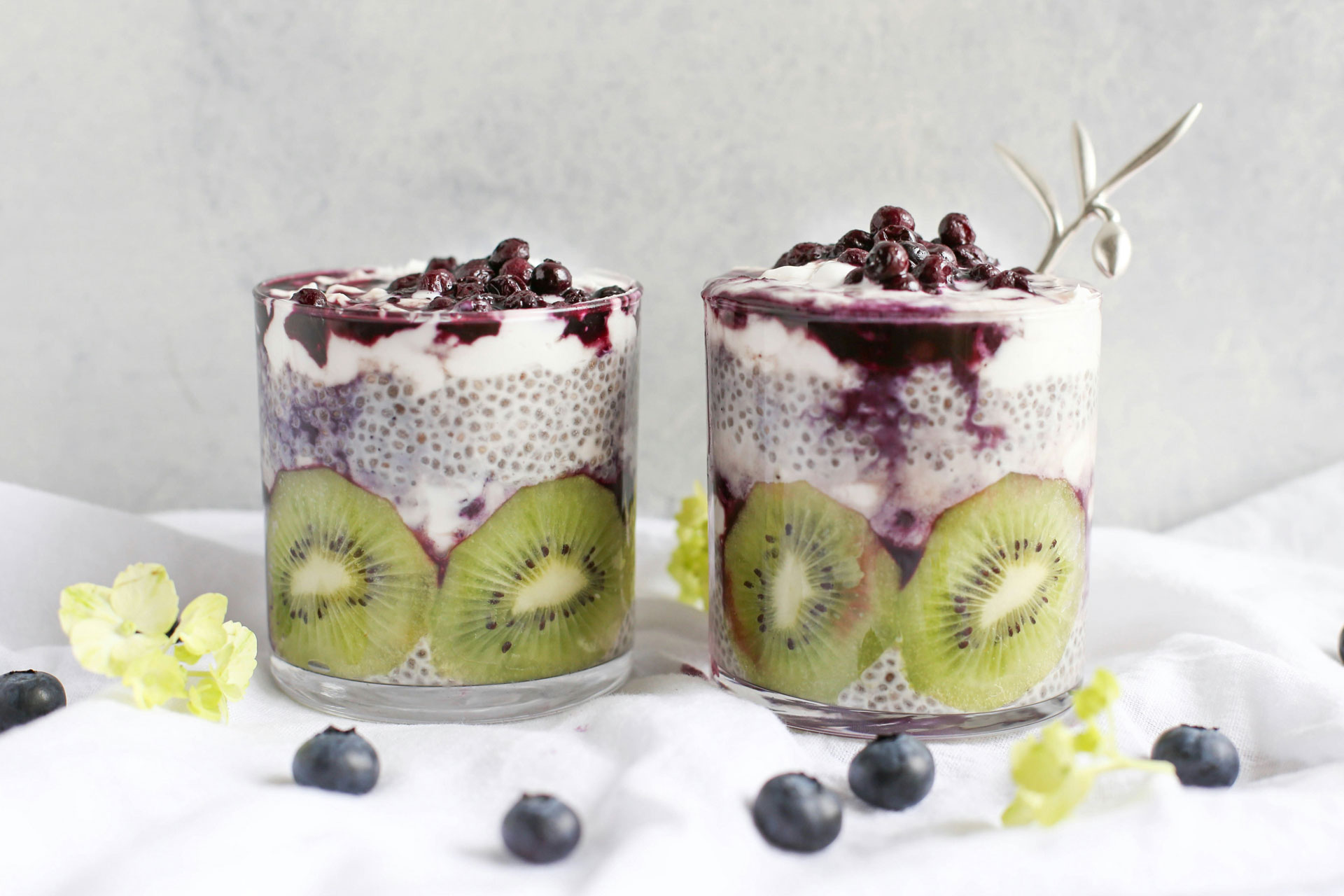
Chia Seeds
Chia seeds had a bit of a moment back in the early 2010s, but now they’re back in vogue after being discovered by TikTok’s health brigade. Although nutritionists have differing opinions on the current chia seed water trend, which is being dubbed a weight loss tool, the seeds themselves certainly offer a whole host of benefits. They’re packed with antioxidants, omega-3 fatty acids, potassium and calcium, as well as offering anti-inflammatory effects.
How To Use
Sprinkle them on your breakfast (yoghurt or porridge) or soak them overnight with your preferred milk of choice to make a chia pudding.
Flaxseeds
Derived from the flax plant Linum usitatissimum, flaxseeds usually come either whole, milled or ground. They are one of the most nutritional seeds out there, with endless studies highlighting benefits ranging from reducing blood pressure to improving skin. High in polyunsaturated fatty acids and omega-3 fatty acids, they’re also beneficial for heart health – and research has shown the anti-inflammatory effect of flaxseeds can positively impact our cholesterol. A 2010 study, meanwhile, found they can support healthy skin, hence the recent flaxseed botox trend that took off on TikTok.
How To Use
Add a spoonful to your smoothies, porridge or granola.
Pumpkin Seeds
Pumpkins aren’t just for Halloween: the seeds found inside these autumnal veggies are packed with goodness. They’re a great way to up your protein intake without meat: a typical serving (roughly two tablespoons) contains about 7g of protein. Pumpkin seeds are also high in antioxidants and vitamin E, the latter being beneficial for eye and skin health. Plus, they’re a great natural source of magnesium – a buzzy ingredient right now, important for regulating your sleep and energy levels.
How To Use
Toss them on top of a salad, blend them into a homemade pesto, or simply eat them on their own as a nutritious snack.
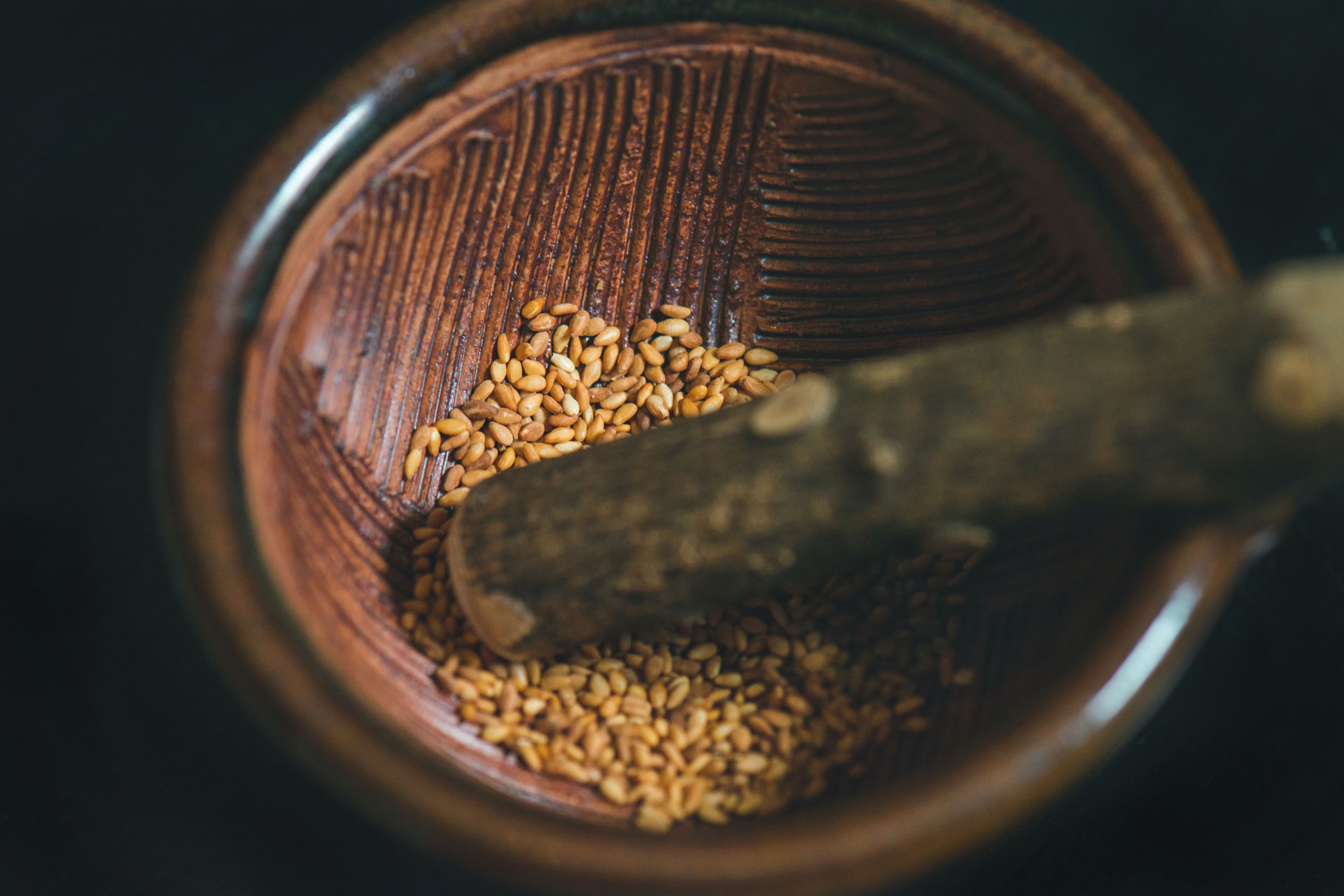
Sesame Seeds
Sesame seeds are derived from the sesamum plant, one of the first oil crops used by humans. They may be small, but they pack a punch when it comes to nutrition, rich in protein, antioxidants, fibre and healthy fats. These seeds are also high in B vitamins, which are essential for many of the body’s key processes including proper cell function and metabolism, and iron, which is essential for immune health.
How To Use
These work particularly well in Asian food such as stir fries and rice dishes. They can also be included in baking recipes to add a crunch and a nutty flavour.
Hemp Seeds
Hemp seeds might come from the Cannabis sativa plant, but they don’t have any mind-altering effects. They do, however, contain high levels of protein – and, indeed, they’re one of the only few foods in the plant world that contain all nine essential amino acids. Plus, just a few tablespoons will help you hit your recommended daily dose of omega-3 and omega-6 acids, beneficial for a variety of functions including metabolism, circulation and brain activity. They’re rich in magnesium too (hello, better sleep).
How To Use
Add them to smoothies, cereal or salads – or why not try making your own hemp milk?



